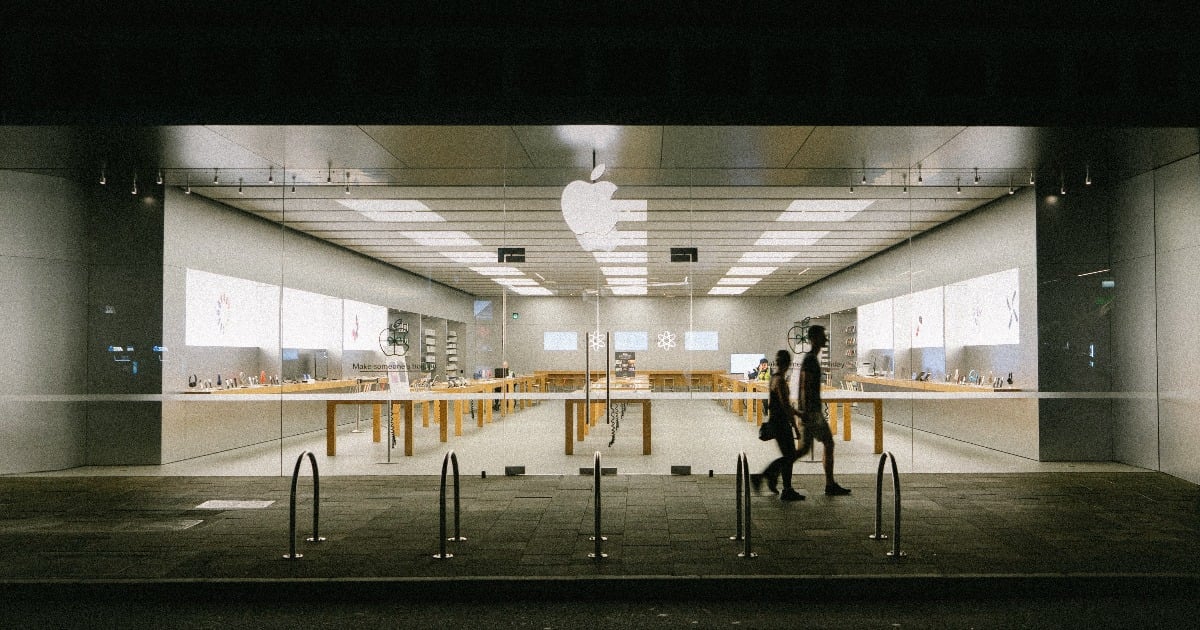Is beauty in the eye of the beholder, or is it caught in the crosshairs of marketing departments seeking to keep their brands looking back from the mirror mirror on the wall? While beauty products span categories such as personal care, hair care, skin regimens, and fragrance, makeup is the alpha product in the pack.
Data from Amazon shows that makeup accounts for 33% of the beauty products sold on the site. While the e-commerce channel is a prime player in retail, beauty products are known to be emotional purchases made on impulse. Buying a lipstick online, with a few clicks, isn't the same kind of experience as going into a brick and mortar store, talking with an associate and trying a few colors. Just like consumers want that perfect shade of blush or the newest under eye concealer for a flawless face, on the shelf and the sales floor, engagement also has to be as a smooth as a baby's…bottom.
The customer who is shopping for beauty products is the crucial factor. Women buy most of the beauty products sold in the US, and the typical customer is young, hip, and willing to try the latest offerings. Engaged beauty consumers are done with their mom's moisturizer and looking to newer brands, from smaller, often artisanal companies (see: Glossier and Beautycounter) that use organic ingredients, to brands that promise not to conduct testing on animals. Stores that want to lure these consumers in must offer a unique in-store experience. Customers who try a product will usually buy more of it if they have seen it demonstrated or tried it in the store.
You cannot replace the magic of the cosmetics counter, where customers are highly engaged with associates and brand reps. It's about "edutainment" where the customer is learning about a new product but in an entertaining way. Sephora, and increasingly Ulta, are leveraging the in-store experience of expert associates with a wealth of product knowledge and unique customer experiences. Sephora has launched Beauty TIP (Teach, Inspire, Play) Workshop concept stores in two locations in Manhattan and customers are encouraged to try the products in group classes, events, and demos and then engage further with their members only social platform, Beauty Insider Community where members talk about products they love.
The beauty product industry is also unique in its exploding growth. In an article in Forbes, Stefano Curti, who is the global president of Markwins Beauty Brands, stated that more about 50% of the growth in the industry happens online, which indicates that much of the other half of the uptick is happening in brick and mortar locations, and that is rare for most products. Even stores like Walmart and CVS are looking to grab their share of the beauty bucks, with CVS adding additional, highly qualified, licensed beauty reps in their stores to engage customers and Walmart launching Co Squared, a higher-end cosmetic brand sold exclusively online and repped by Canadian model Coco Rocha.
The numbers back up the hype. Data from the NPD Group puts sales in the beauty industry at $18.8 billion in 2018, a 6 percent sales increase over 2017. The skincare category grew by 13 percent and contributed 60 percent of the industry's total gains. Hair care is the smallest category overall, yet showed blockbuster growth with a 25% increase in sales during 2018. In a press release, Larissa Jensen, executive director and beauty industry analyst at The NPD Group stated, "If I had to use one word to characterize the state of the U.S. beauty industry today, it would be disruption."
Given the volatile nature of new trends and booming growth in the industry, having a carefully crafted retail space with informed field agents that are passionate about the product is vital. ThirdChannel has learned that to really unlock beauty sales in-store, it's all about getting to touch and try new products. Our research shows that 29% of consumer decisions are swayed by product demos and whats good for the customer is good for the associates as well. ThirdChannel data shows that sales go up by 25% when associates who are selling a product have tried it themselves. Want to learn more?



